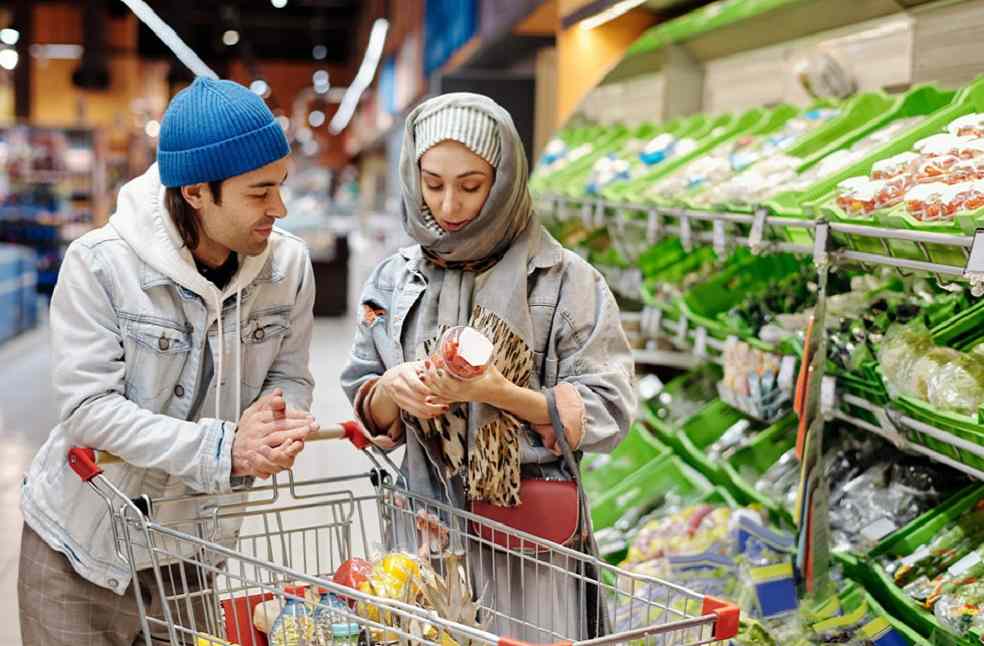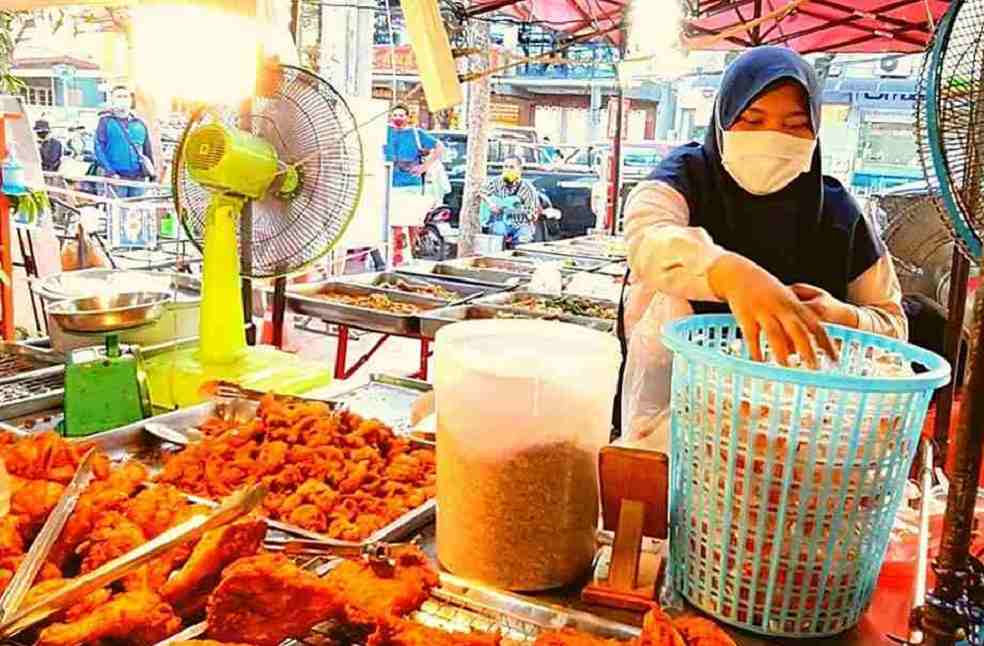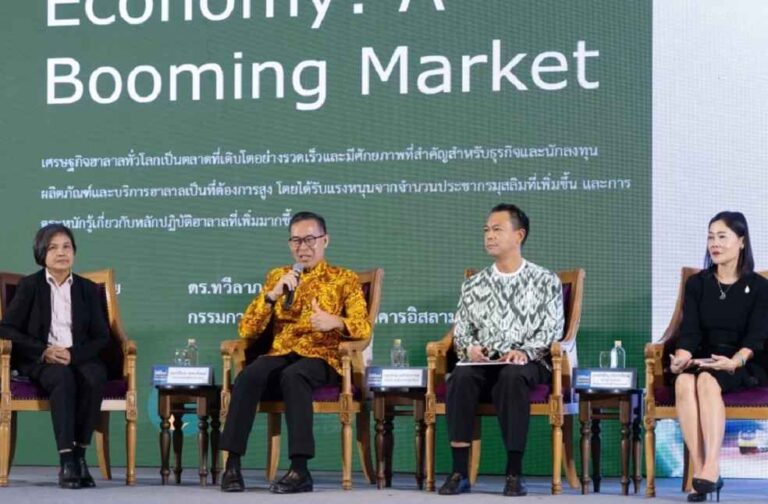The Export-Import Bank of Thailand (Exim Bank) and the Islamic Bank of Thailand (IBank) have launched a collaborative effort to establish Thailand as ASEAN’s leading halal hub by 2028. Their new initiative offers low-interest loans to halal product entrepreneurs, aiming to bolster the nation’s halal export capabilities.
On August 6, representatives from Exim Bank, IBank, the Sheikhul Islam Office (Chularatchamontri), and various industry stakeholders signed an agreement to support the ‘Support and Promote Halal Product Entrepreneurs to Export’ project. This program is designed to enhance the international market reach of small and medium-sized enterprises (SMEs) by providing both financial support and academic development in halal standards.

Exim Bank President Rak Vorrakitpokatorn underscored Thailand’s vital role in the global halal market, noting the country’s position as the world’s 15th largest exporter of halal food and a top destination for Muslim tourists. The appeal of Thai food and cultural tourism to Muslim visitors has been a significant factor in these rankings.
The project offers loans at interest rates below the prime rate, easing access to working capital and funds for expansion. For instance, Exim Bank’s First Step Export Financing scheme provides an interest rate of 5.35%, which is one percentage point lower than the prime rate, with a maximum loan amount of 3 million baht (US$84,000). The Exim Green Start loan offers a rate of 4.1%, 2.25 percentage points below the prime rate, with a maximum of 200 million baht ($5.6 million). Export Ready Credit has a 4% interest rate, with a cap of 20 million baht ($560,000).
IBank President Thaweelap Rittapirom highlighted the remarkable growth in the halal market over the past decade. Between 2012 and 2022, consumer spending surged by over 40%, increasing the market value from $1.62 trillion to $2.29 trillion. This growth aligns with the rapid expansion of the Muslim population, which now approaches two billion worldwide.

Leading global companies such as BRF, Nestlé, and Nike have continuously developed products for the halal market. Additionally, institutions within the Organisation of Islamic Cooperation (OIC), including the Islamic Development Bank and the Islamic Centre for Development of Trade, alongside key UN agencies like the UNHCR and the World Bank, have shown keen interest in Islamic finance for its social impact.
This collaboration marks a decisive step to enhance Thailand’s influence in the halal market. By merging financial support with expertise in halal product standards, the initiative aims to stimulate growth and increase international competitiveness for Thai halal product entrepreneurs. This strategy aligns with Thailand’s ambition to become ASEAN’s foremost halal hub by 2028, leveraging the rising global demand for halal goods and services.
IMEX SECTOR | Philippines’ Trade Shrinks in June; Deficit Widens Amid Falling Exports



